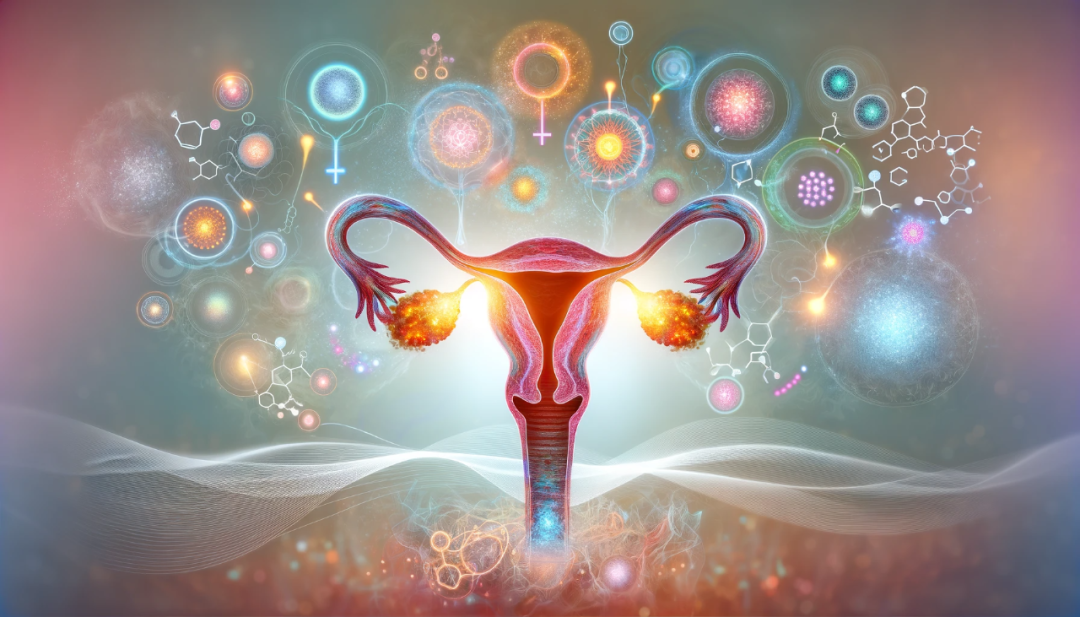
Source: Stem Cells and Genetic Sciences
With the rapid development of medical science and technology, stem cell therapy, as a new medical technology, has brought the dawn for the treatment of various diseases with its potential to repair and replace damaged cells. But when faced with stem cell therapy, we often face a choice: Do we use autologous stem cells or allogeneic stem cells? Today, let's explore the differences between these two treatments and their respective applications.
Introduction to stem Cell Therapy
Stem cell therapy is based on a simple principle: use stem cells to repair or replace damaged cells in the body. Stem cells are specialized cells that have the ability to self-renew and differentiate into many types of cells. In stem cell therapy, we focus on two types: autologous stem cells (from the patient's own body) and allogeneic stem cells (from other people).
Characteristics of mesenchymal stem cells (MSCs)
In stem cell therapy, mesenchymal stem cells (MSCs) are a commonly used type of stem cell. Derived from mesoderm, they not only possess the ability of self-replication and multidirectional differentiation, but also possess unique immunophenotype and immunomodulatory ability. These properties have made mesenchymal stem cells (MSCS) of great interest in clinical research. They are able to migrate to injury sites, secrete soluble factors, regulate immune responses, and differentiate into multiple cell types.
Advantages and challenges of autologous stem cell therapy
A significant advantage of autologous stem cell therapy is the avoidance of immune rejection because the stem cells come from the patient's own body. However, this approach has its limitations. Due to age or disease, the patient's own mesenchymal stem cells may be weak in their ability to proliferate, making it difficult to expand to sufficient numbers. In addition, from extraction to amplification to quality control, this series of processes takes time, and in some disease conditions, time is a crucial factor.
Advantages of allogeneic mesenchymal stem cell therapy
In contrast, allogeneic stem cell therapies can be prepared in advance, cryopreserved for rapid use when needed. According to ClinicalTrials.gov, there have been more than 400 clinical studies across a wide range of diseases. These studies show that allogeneic mesenchymal stem cell therapy is safe in clinical use and does not trigger severe immune rejection.
Self or foreign body: It varies from person to person
So, should we choose autologous or allogeneic stem cell therapy? The answer is not set in stone. This needs to be decided according to the specific situation of the patient and the professional advice of the doctor. For example, storing your own mesenchymal stem cells when you are young and healthy is a good option, but if your own stem cells are insufficient or need emergency treatment, allogeneic stem cell therapy may be more appropriate.

In short, as a treatment with great potential, the selection of stem cell therapy needs to consider the specific conditions of patients. Whether it is self or allogeneic, each method has its unique advantages and application scenarios. As a patient or healthcare worker, knowing this information and making the most appropriate choice is crucial to achieving the best treatment results. The search for stem cell therapies continues, and we look forward to more breakthroughs and hope in this field.